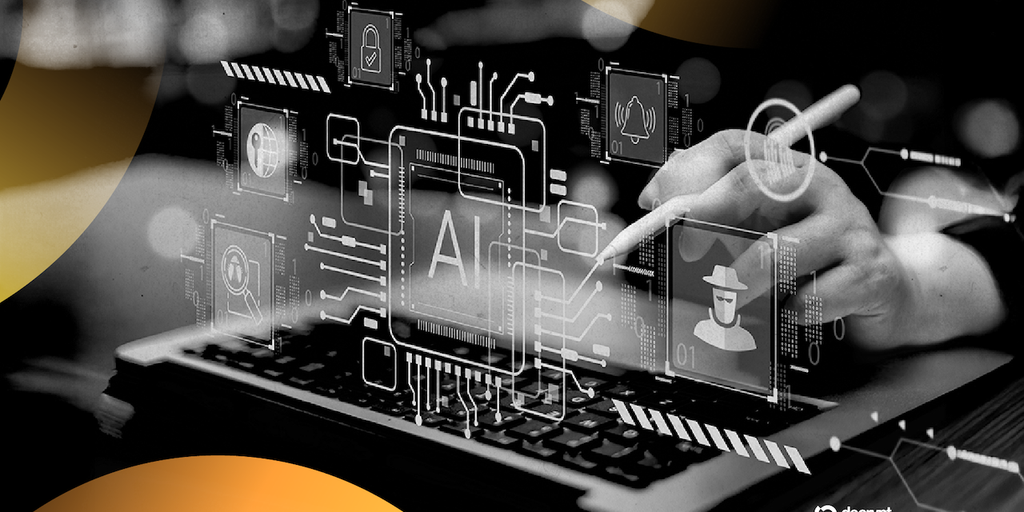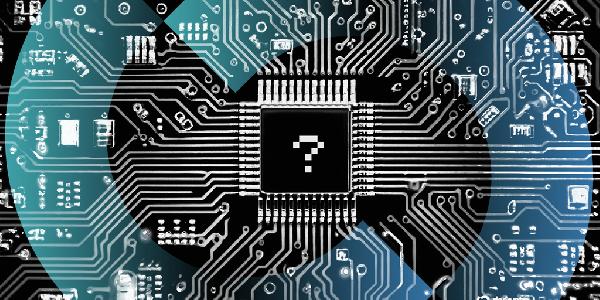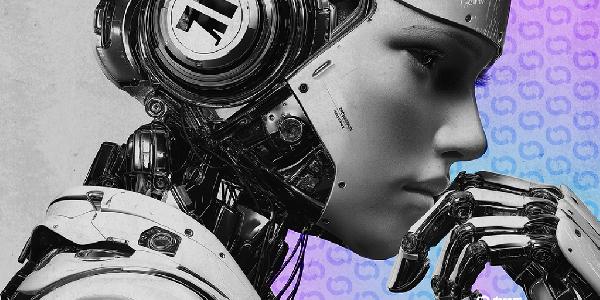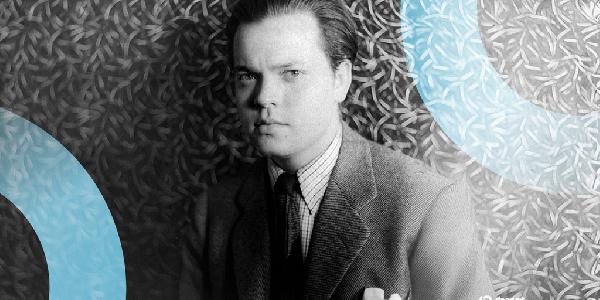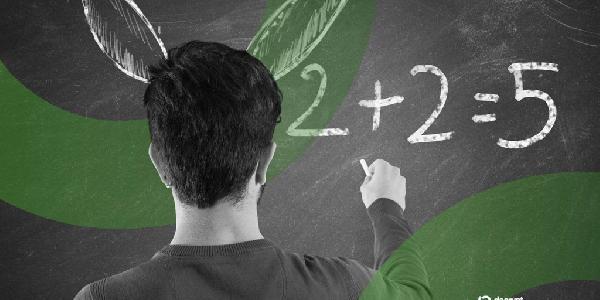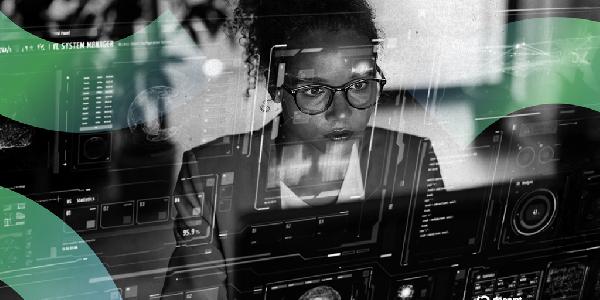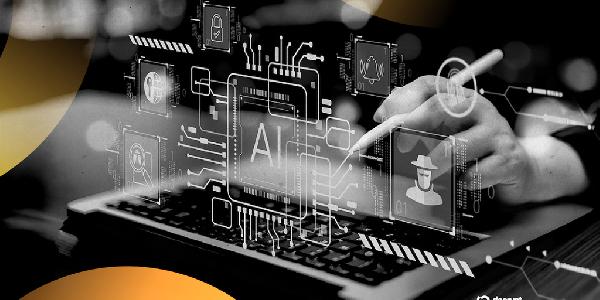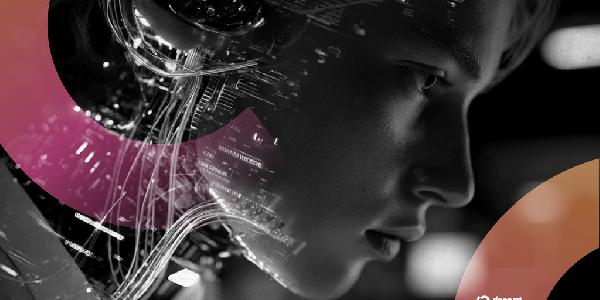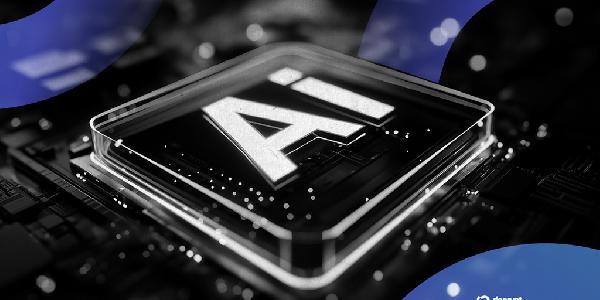In a breakthrough that signals a pivotal coming-of-age for quantum technology, artificial intelligence is now being used to grasp and characterize the vast complexity of quantum systems—transforming what was once intractable into analyzable and even predictable phenomena. And the implications go beyond academic intrigue: mastering this complexity is vital to advancing quantum hardware, verifying performance, and deploying quantum applications in areas like encryption, materials discovery, and pharmaceuticals.
A new study from Quantum Zeitgeist spotlights how AI—especially deep learning and language models—can approximate the state of massively complex quantum systems, bypassing exponential scaling hurdles that have long vexed physicists.
Researchers are leveraging traditional machine learning, deep neural networks, and even language models to forecast physical properties (like magnetization and entropy) and act as “surrogate models” for full quantum systems—shortcuts that bypass the exponential explosion of quantum-state data.
A companion report on arXiv, “Artificial Intelligence for Representing and Characterizing Quantum Systems,” groups these advances into three linked AI paradigms—machine learning, deep learning, and transformer-based models—and argues that each brings unique advantages to tasks such as optimizing algorithms, benchmarking quantum devices, and probing complex phases of matter.
Get ready for ‘Q Day‘
Quantum computers powerful enough to simulate large systems threaten to break the cryptographic foundations of today’s digital economy. Most blockchains, banks, and secure communications still rely on RSA and elliptic-curve methods that could be unraveled once quantum machines reach scale. AI’s role in accelerating quantum characterization shortens that timeline, raising pressure on industries to adopt post-quantum cryptography before so-called Q-Day arrives.
When experts warn about Q-Day—the moment quantum computers can shatter today’s encryption—they’re not indulging in science fiction. A 2025 analysis from Post Quantum projects the arrival of a machine capable of breaking RSA-2048 as soon as 2030, give or take two years, while Britain’s National Cyber Security Centre has urged companies to begin migrating to quantum-safe systems by 2028, with full adoption by 2035.
A recent industry survey painted an even starker picture, with 61 of security professionals believing existing encryption could be compromised within just two years, and another 28 expecting cracks to appear within three to five.
More cautious forecasts stretch the danger further out, suggesting only a one-in-four chance of a breach by 2034, but warning the odds climb to nearly 80 by 2044, according to cybersecurity company Capture the Bug.
How AI is hastening the quantum era
Traditional methods like quantum tomography or simulation quickly become hopelessly slow as systems grow. AI offers a shortcut where pattern recognition scales more gracefully, unlocking insights into systems once deemed unfathomable.
Accurate characterization is a prerequisite for building reliable quantum hardware and software. German firm IQM, for example, just drew a $320 million U.S.-led investment—marking its move into cloud-backed production of qubit machines—and underscores the appetite for quantum systems whose performance must be provable.
In Australia, researchers used a quantum machine learning approach—called the Quantum Kernel-Aligned Regressor (QKAR)—to model crucial factors in semiconductor manufacturing. The result: 20 better accuracy over classical methods, even with tiny datasets.
ESPRIT law or Neven’s doubling-exponential law aside—which describes how quantum computing power may grow faster than simple exponential trends—AI tools could be the enabler, turning raw quantum data into information we can act on.
The Bottom Line
Quantum computing’s promise—exponential problem-solving, unbreakable encryption, transformative drug and materials discovery—hinges on one underrated capability: understanding what the machines are doing. AI isn’t just an experimental sidekick; it’s becoming a vital interpreter and enabler for the world’s quantum ambitions.
As funding surges and applications multiply, the future is not just quantum—it’s AI-backed quantum. And that may be what finally turns theory into transformation.
Your Email
